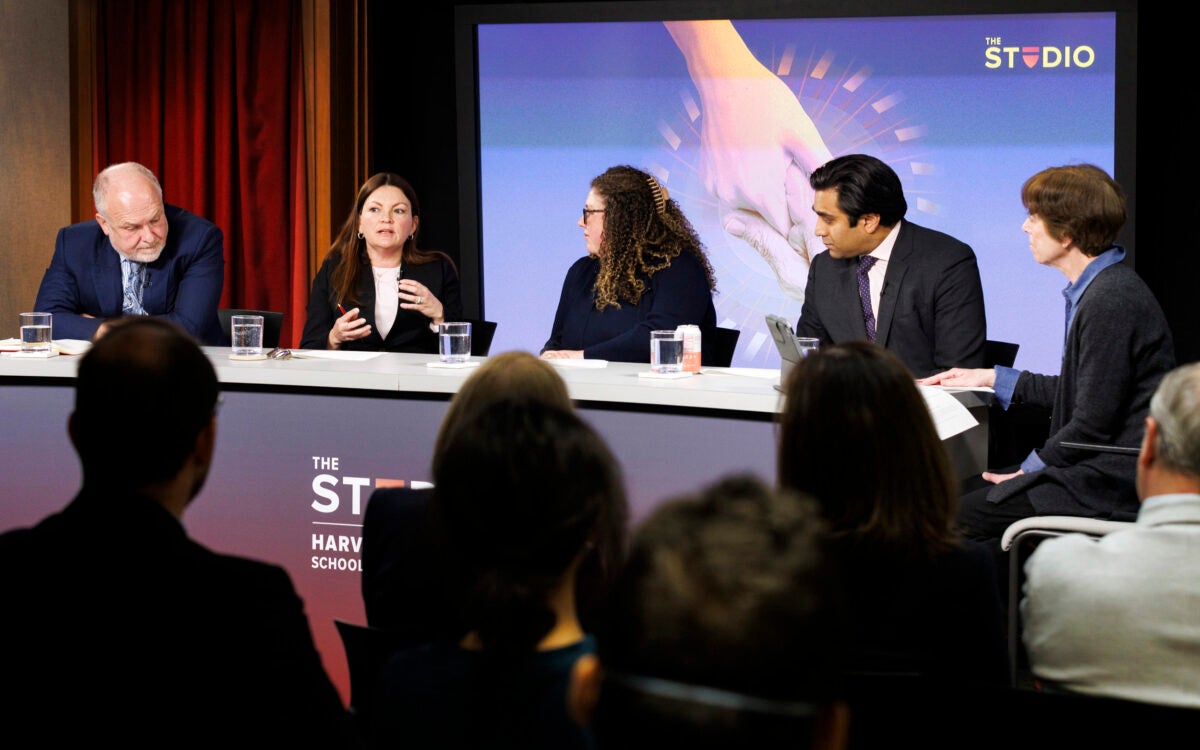Breastfeeding may expose infants to toxic chemicals
A widely used class of industrial chemicals linked with cancer and interference with immune function — perfluorinated alkylate substances, or PFASs — appears to build up in infants by 20%–30% for each month they’re breastfed, according to a new study co-authored by experts from Harvard T.H. Chan School of Public Health. It is the first study to show the extent to which PFASs are transferred to babies through breast milk, and to quantify their levels over time.
“We knew that small amounts of PFAS can occur in breast milk, but our serial blood analyses now show a buildup in the infants, the longer they are breastfed,” said Philippe Grandjean, adjunct professor of environmental health at Harvard Chan School.
They found that, in children who were exclusively breastfed, PFAS concentrations in the blood increased by roughly 20 to 30 percent each month, with lower increases among children who were partially breastfed. In some cases, by the end of breastfeeding, children’s serum concentration levels of PFASs exceeded that of their mothers’.
“There is no reason to discourage breastfeeding, but we are concerned that these pollutants are transferred to the next generation at a very vulnerable age. Unfortunately, the current U.S. legislation does not require any testing of chemical substances like PFASs for their transfer to babies and any related adverse effects,” Grandjean said.
The study appeared online August 20, 2015 in Environmental Science & Technology.




